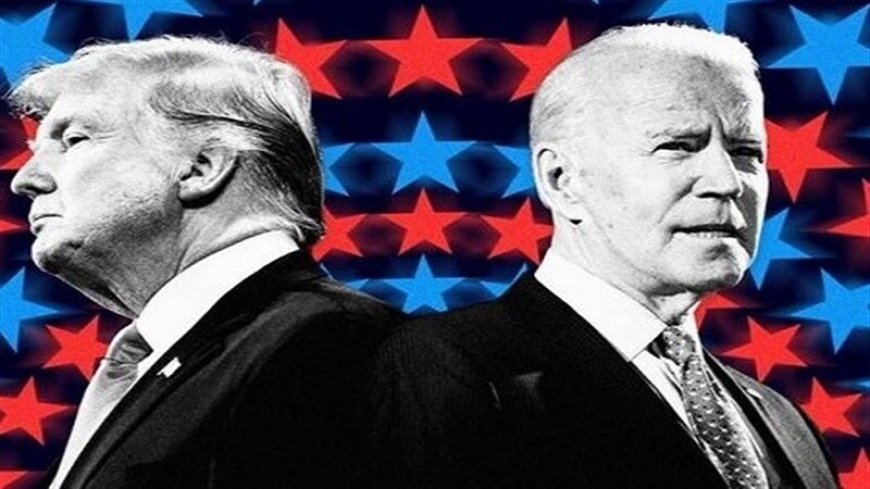Trump's Potential Second Term Could Further Shift Federal Judiciary Rightward

Former President Donald Trump's impact on the federal judiciary during his first term has been hailed as transformative, with implications expected to resonate for decades. Having appointed a staggering 234 judges, including three to the Supreme Court, Trump solidified conservative dominance across key appellate and district courts nationwide. As he eyes a potential return to the White House, Trump and his allies are gearing up to push the courts even further rightward, a prospect that both elates supporters and concerns legal scholars and opponents alike.
Trump's judicial legacy has centered on appointing younger conservative judges who could serve for decades, significantly shaping legal interpretations and policies across the United States. His appointments to the Supreme Court — Justices Neil Gorsuch, Brett Kavanaugh, and Amy Coney Barrett — have already contributed to landmark decisions, including the overturning of Roe v. Wade and reductions in federal regulatory authority.
Looking ahead, Trump has vowed to continue his strategy of appointing "rock solid conservative judges," aiming to emulate justices like Antonin Scalia and Samuel Alito. With the possibility of vacancies on the Supreme Court during a second term, Trump could further cement a conservative supermajority, potentially influencing the judiciary's direction for generations.
However, critics fear that a renewed Trump administration could intensify political considerations in judicial nominations, prioritizing loyalty to the Republican Party over judicial independence. Gregg Nunziata, of the Society for the Rule of Law, warned of a potential trend towards appointing judges who align closely with Trump's personal or political interests, rather than upholding the impartiality of the judiciary.
Trump's influence on the judiciary extends beyond sheer numbers. His nominees have included individuals who, according to legal scholars, exhibit ideological rigor and at times, controversial interpretations of executive power. This trend, experts argue, represents a departure from traditional conservative legal philosophy and could further politicize the judiciary.
The groundwork for a potential second term's judicial agenda has been laid out in "Project 2025," a policy playbook crafted by the Heritage Foundation. This blueprint underscores efforts to reshape legal norms and interpretations in alignment with conservative principles, potentially challenging established legal precedents.
Amidst these developments, Trump and his allies have also floated ideas of confronting perceived judicial activism, with discussions about impeachment proceedings against judges deemed too partisan. Such proposals have sparked debates about the independence of the judiciary and the potential for heightened political polarization within the legal system.
As the 2024 election approaches, the future composition of the federal judiciary remains a pivotal issue. President Joe Biden and others have voiced concerns about the judiciary's ideological tilt under Trump's stewardship, framing it as a critical aspect of the upcoming electoral decision.
In conclusion, while Trump's first term reshaped the federal judiciary, his potential second term could further solidify conservative influence across the courts. This prospect underscores the enduring impact of presidential judicial appointments on American law and governance, setting the stage for continued legal and political battles over the judiciary's role in shaping national policy.













































